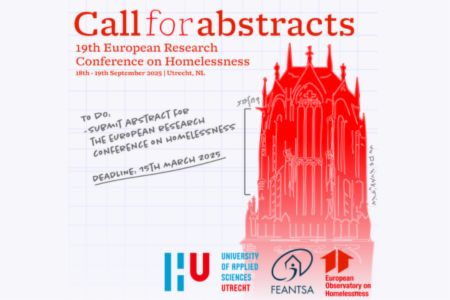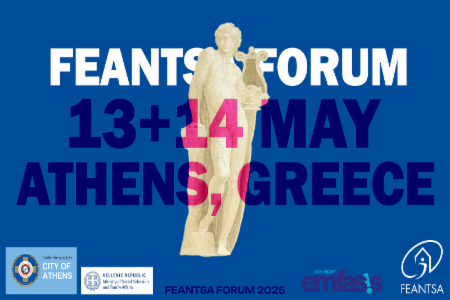PRESS RELEASE
ITRE VOTE: The EU shouldn’t set Minimum Energy Performance standards without robust social safeguards
Read the press release here
FEANTSA is the European Federation of National organizations working with the homeless. FEANTSA’s work on energy poverty concentrates on the risks and opportunities of the ecological transition for the most vulnerable, particularly in the context of the fitfor55 package.
Today, FEANTSA expressed its disappointment with ITRE’s vote, citing a lack of strong social safeguards to protect vulnerable groups against rent increases, renovictions and housing exclusion. FEANTSA believes that while the EPBD's proposed mandatory energy performance standards are commendable, they fall short in addressing the critical issue of affordability for vulnerable populations, failing to introduce robust measures to prevent negative social consequences such as rent increases and renovictions.
One of the most important elements of the EPBD proposal is the introduction of Mandatory Energy Performances Standards (MEPS). The introduction of MEPS does represent a unique opportunity to finally bring energy efficient renovations to vulnerable households living in unfit housing conditions. Massive improvement of the least performing buildings is a core element of the energy transition and of the revision of the EPBD. FEANTSA believe that prioritising renovation for households that face energy poverty and poor housing conditions is the cornerstone of a socially just transition. This revision has also the potential to bring significant social, health, and economic benefits to low-income and vulnerable households and to society, through improved housing conditions and reduced energy needs. These multiple benefits and positive outcomes, cannot, however, be assumed.
Early experiences of renovation programmes raised the risk of unintended negative social consequences. These consequences vary from increased overall housing costs, gentrification, renovictions, displacement or exclusion of the most vulnerable households. Therefore, implementation of minimum energy performance standards needs strong measures to make them socially fair, accessible to all and free from the potential negative consequences of renovations.
FEANTSA argues that references to social safeguards included in the ITRE text are insufficient to guarantee a socially fair implementation of the renovations.
"We fully support the EPBD's goals of reducing energy consumption and fighting climate change," said Freek Spinnewijn, FEANTSA’s director "But it's unacceptable that these important goals risk being achieved at the expense of the most vulnerable members of our society. The EU needs to take a more holistic approach to building energy efficiency, one that prioritizes both environmental sustainability and social justice."
Therefore, we ask the European Parliament and the Council to aim for strengthened social safeguards in the upcoming votes and negotiations on the EPBD. Social safeguards among other have to guarantee that lowest-income households are targeted in the distribution of financial support so they have access to adequate and sufficient financial support to renovate their homes. Displacement and eviction of the poorest and most vulnerable households must be prevented with conscious measures and a socially centred implementation of renovations.
FEANTSA is calling on the EU to implement stronger social safeguards as part of the EPBD, including support toward rent control measures, affordability protections for low-income tenants, and ambitious and socially targeted public financing to support the delivery of the MEPS ambition. "We need to ensure that the benefits of energy efficiency are shared by all, not just a privileged few, we believe that it's possible to achieve both energy efficiency and social justice, and we urge the EU to take the necessary steps to make this a reality."





